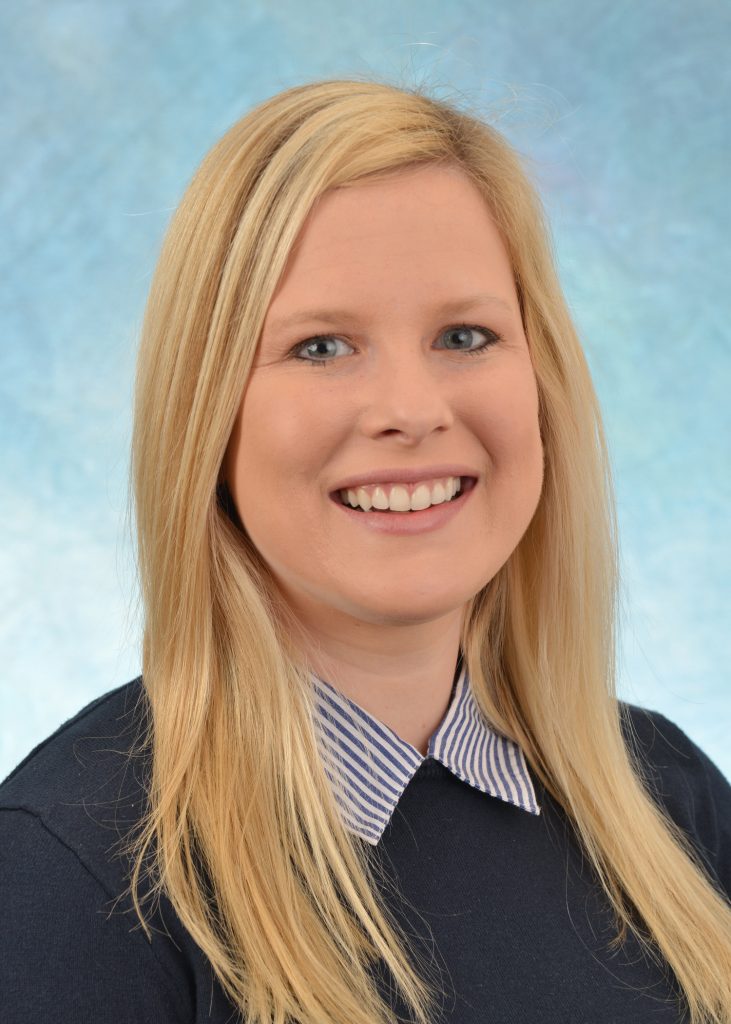

Christine E. DeMason, MD
Chief, Division of General Otolaryngology/Head and Neck Surgery
Associate Professor
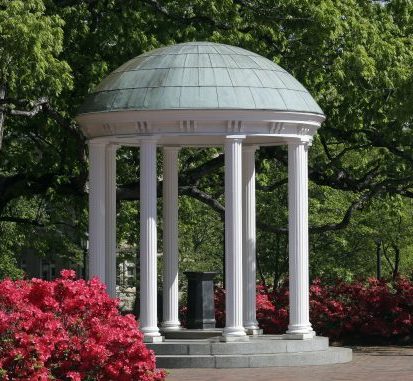
Obstructive sleep apnea (OSA) is a disorder where breathing is interrupted or decreased by upper airway obstruction during sleep. This can cause frequent arousals and sleep disruptions. OSA can lead to a variety of medical issues such as elevated blood pressure and even increased risk of heart arrhythmias, heart attacks and strokes. Symptoms of obstructive sleep apnea typically include choking or gasping at night, snoring, excessive daytime fatigue, frequent need for naps, morning headaches, and insomnia. Obstructive sleep apnea can be caused by enlarged adenoids, tonsils, palate or tongue base and can be worsened by deviated septum or nasal polyps. Evaluation of the airway either in the office and while asleep can help figure out what type of procedure will be most effective in treating your sleep apnea.
Obstructive Sleep Apnea can be diagnosed during a sleep study at our clinic called a polysomnography. Patients may also be diagnosed during a nasopharyngoscopy, an office procedure where a flexible camera is introduced through the nose down to the throat to identify any anatomic structures that are narrowing the airway. A sleep endoscopy is another short procedure that is done under mild sedation in order to mimic normal sleep conditions. A flexible camera is used while you are asleep to assess which areas in your upper airway are collapsing and causing your sleep apnea. This is an outpatient procedure.
Not everyone who snores has obstructive sleep apnea. Snoring occurs when there is an obstruction in the nose or mouth which can cause the tissue in the back of the mouth to vibrate. This obstruction is only partial if there is no sleep apnea. Even in patients with snoring without sleep apnea, the snoring can interfere with a restful night sleep or that of your partner. Even in the absence of obstructive sleep apnea, there are several treatment options for snoring available, including:
Nasal Surgery: Deviated septum can cause snoring and nasal obstruction in patients. Straightening the deviation portions (also called a septoplasty) can relieve the nasal obstruction.
Nasal Turbinate Reduction: Enlarged nasal turbinates can cause snoring. The turbinates can be reduced in the office under local anesthesia.
Palate Radiofrequency: Palate radiofrequency uses a device that is inserted into the palate and uses energy (radiofrequency) to stiffen the palate. This can be done in the office under local anesthesia.
LAUP: Assisted Uvula Palatoplasty (LAUP) uses a laser to vaporize the uvula and part of the palate. This is usually done in the office under local anesthesia.
Pillar Implants: Small implants are placed in the soft palate to help reduce the vibration of the palate which often causes snoring. This too can be done in the office under local anesthesia.
.
Over 22 million Americans suffer from obstructive sleep apnea. At UNC Otolaryngology Sleep Surgery Center, we are committed to providing surgical options for those patients with obstructive sleep apnea and snoring issues who are unable to tolerate medical therapies. We work closely with the sleep medicine in the Neurology department, the Oral and Maxillofacial Surgery Department, and the School of Dentistry to provide comprehensive sleep care to our patients.
.


Chief, Division of General Otolaryngology/Head and Neck Surgery
Associate Professor
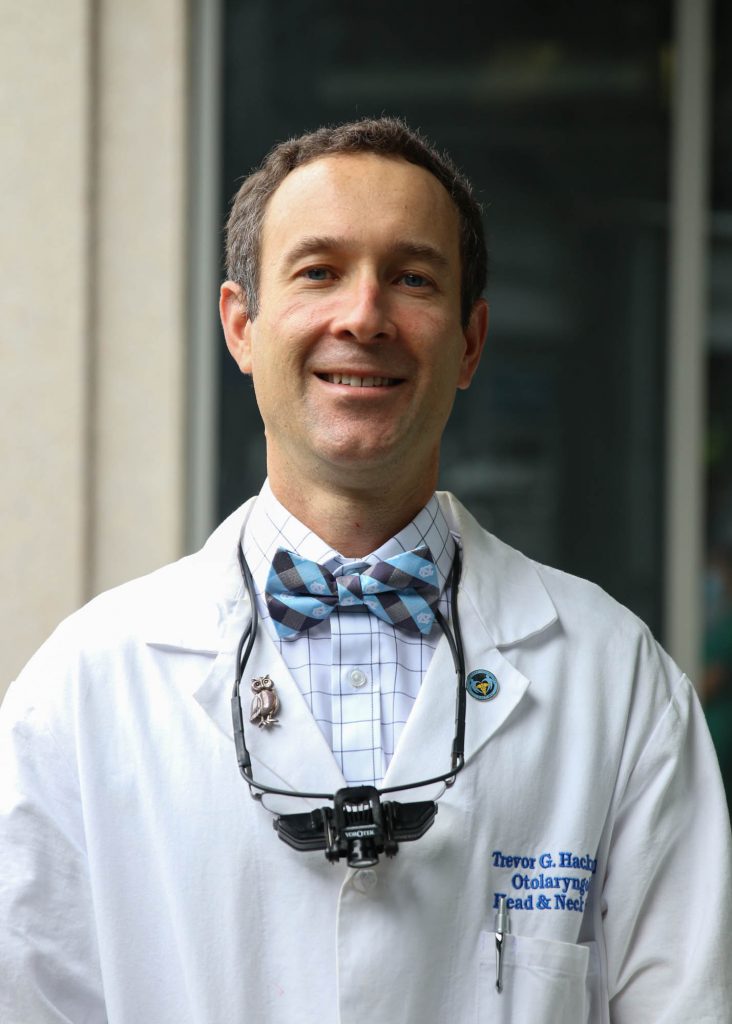

Chief, Division of Head and Neck Surgical Oncology
Vice Chair of Inpatient Operations & Improvement
Director, Head & Neck Oncology Fellowship
Nathaniel and Sheila Harris Distinguished Term Professor
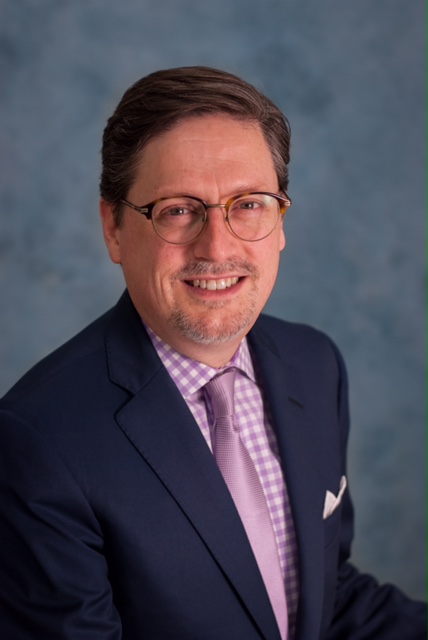

Vice Chair of Academics & Outreach
Nathaniel and Sheila Harris Distinguished Professor
Chief, Division of Rhinology, Allergy, and Endoscopic Skull Base Surgery
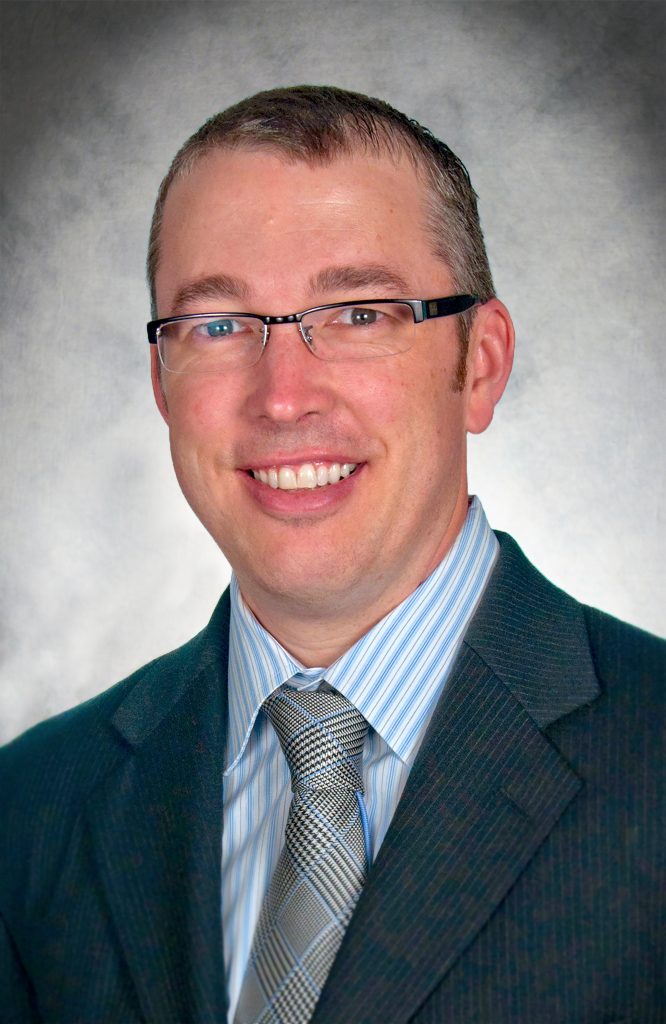

Co-Director, NeuroRhinology-Advanced Rhinology and Endoscopic Skull Base Surgery Fellowship
Medical Director of Otolaryngic Allergy Services
Professor, Department of Otolaryngology/Head & Neck Surgery
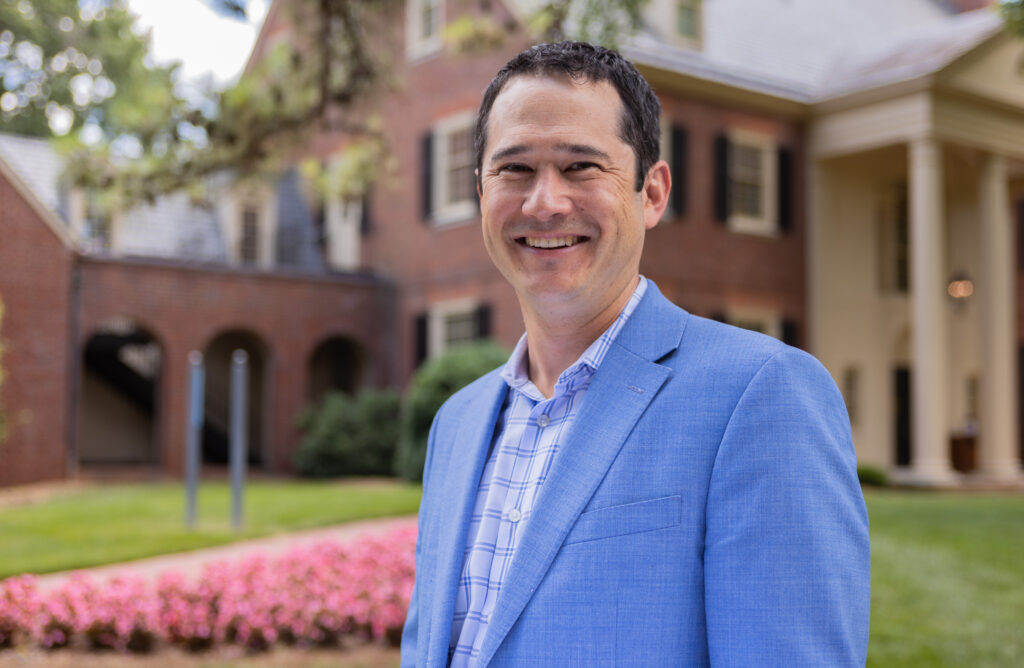

Co-Director, NeuroRhinology-Advanced Rhinology and Endoscopic Skull Base Surgery Fellowship
Associate Professor, Department of Otolaryngology/Head & Neck Surgery
NASAL
PALATE
TONGUE